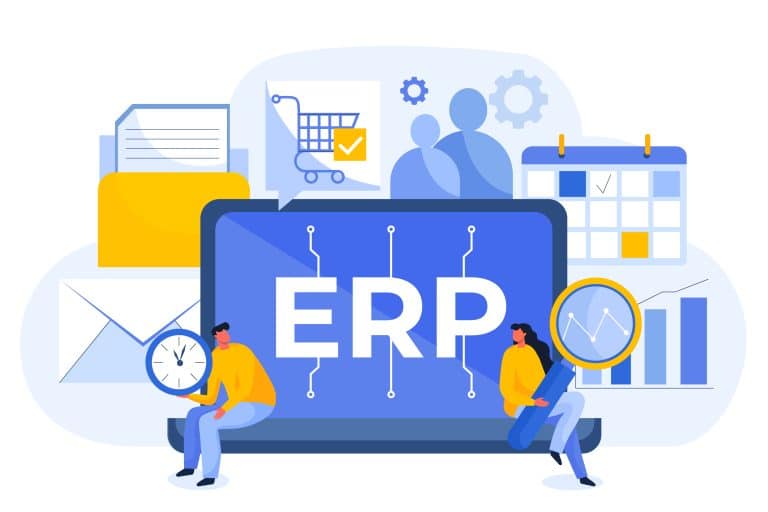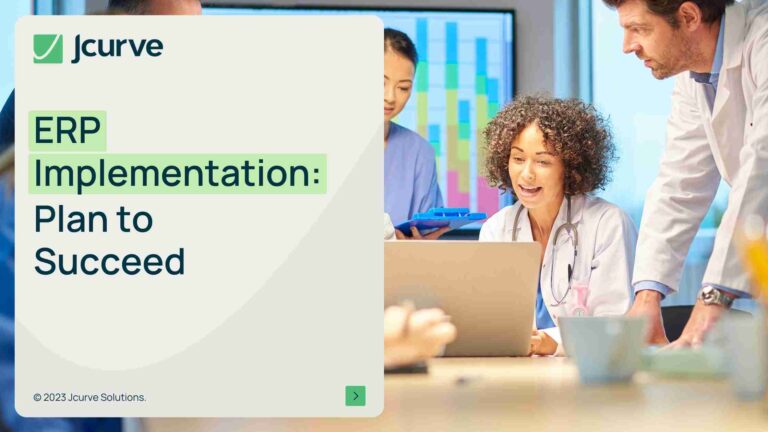In the digital age, data security is paramount for New Zealand businesses. NetSuite’s Warehouse Management System (WMS) offers first-class security features, ensuring that crucial data is safeguarded against threats. This article delves into how NetSuite provides a secure environment for businesses to operate with confidence.
Introduction to NetSuite and WMS Security
In an era where data is a valuable asset, businesses in New Zealand seek robust Warehouse Management System (WMS) security solutions. NetSuite stands out with its strong security protocols, providing a safe environment for managing vital information.
NetSuite’s comprehensive cloud-based ERP system seamlessly integrates with diverse business operations. Its robust WMS security features are designed to protect data from external threats and ensure secure transactions.
NetSuite’s encryption protocols and stringent access controls set it apart, reducing the risk of data breaches and safeguarding sensitive business information. Continuous system updates keep NetSuite adaptable to the latest risks, ensuring ongoing security for warehouse operations.
Key Features of NetSuite’s WMS Security
NetSuite WMS security provides high-grade encryption, precise user authentication, and stringent access controls. These features ensure that valuable data is always protected.
| Security Aspect | Description |
| Encryption and Data Protection | Industry-standard encryption protocols protect data confidentiality during transit. |
| User Authentication and Access Control | Role-level access controls restrict data access to authorised individuals. |
| Compliance with Global Security Standards | Adheres to SOC 1 Type 2, SOC 2 Type 2, ISO 27001, and PCI DSS standards. |
Innovative Security Measures in NetSuite’s WMS
- Multi-Factor Authentication (MFA)
NetSuite uses Multi-Factor Authentication (MFA) for an extra layer of security, requiring two forms of identification for system access. This makes it difficult for unauthorised personnel to breach security barriers.
- Continuous Monitoring and Intrusion Detection
NetSuite employs Intrusion Detection Systems (IDS) to monitor activity and identify suspicious attempts to access data. Continuous monitoring and intrusion detection ensure resilience against evolving threats.
Operational Security and Compliance Assurance
Dedicated Security Team and Incident Response
Oracle NetSuite’s security team constantly monitors the system, investigates alerts, and responds to incidents. The Principle of Least Authority (POLA) restricts data access to authorised individuals, ensuring proactive threat management.
Performance Audits and Risk Management
NetSuite conducts regular performance audits to maintain compliance and identify system weaknesses. A comprehensive risk management process transforms risk management into a strategic tool for system resilience.
Future Outlook: Enhancements in WMS Security
Future enhancements in NetSuite WMS security include third-party logistics integration, advanced intrusion detection systems, and more robust Multi-Factor Authentication. These improvements will further reduce security risks and enhance system resilience.
NetSuite’s commitment to staying ahead in technology advancements ensures that its WMS security features will continue to set industry standards.
Conclusion: The Impact of Secure WMS on Business Operations
NetSuite WMS promises a future where data security is a core component of warehouse management. Businesses in New Zealand can look forward to a secure, efficient, and innovative future with NetSuite WMS.










